What is a Financial Consent Order?
A financial consent order is a legally binding document that finalises financial settlements between divorcing spouses. It sets out the financial agreement reached between the parties and, once approved by a court, becomes enforceable by law.
Without a financial consent order, informal agreements are not legally binding, meaning either party could later make financial claims against the other. A consent order provides certainty and financial closure, ensuring that both parties comply with the agreed terms.
Is a Consent Order the same as a Financial Order?
While the terms “consent order” and “financial order” are sometimes used interchangeably, they are not exactly the same.
- A financial order is a broad term for any court order related to finances in a divorce. It may include maintenance orders, lump sum payments, pension sharing, or property adjustments, whether agreed upon or imposed by the court after litigation.
- A financial consent order, on the other hand, is specifically an agreement reached by both parties voluntarily, which is then approved by the court.
Consent orders are generally preferable as they avoid the costs and stress of court-imposed financial orders following a dispute.

The Importance of Financial disclosure in Divorce
Without this open, honest sharing of information how can we be sure there is a fair division of assets? Nearly every client tells me they ‘just want what is fair’. Without full and frank financial disclosure we will never be able to determine what is fair and by ‘we’, I mean the clients, the solicitors who need to give advice on the settlement proposal and ultimately the judge who will be asked to make this legally binding.
The lack of financial disclosure is one of the biggest barriers to a successful outcome in mediation. Lots of clients come to mediation, incorrectly believing it’s a means of avoiding having to do financial disclosure – ‘surely this is something a court needs to see, not a mediator?’.
Can a Financial Consent Order be changed?
Once a financial consent order is approved by the court, it is legally binding and difficult to change. However, in certain circumstances, modifications may be possible:
- If both parties agree to vary the terms, they can submit an amended consent order for court approval.
- If there was fraud, misrepresentation, or a significant change in circumstances (such as one party becoming seriously ill or experiencing an unexpected financial windfall), an application to change or set aside the order may be made.
- In rare cases, a court may overturn a consent order if it finds that it was fundamentally unfair or obtained under duress.
Example Case: In Barder v Barder (1987), a financial consent order was overturned after the wife passed away shortly after the settlement, fundamentally altering the circumstances of the agreement.
Can you get divorced without a Financial Consent Order?
Yes, it is legally possible to get divorced without a financial consent order. However, this can be risky as financial claims remain open indefinitely unless a consent order is in place.
Potential risks of not obtaining a financial consent order include:
- Your ex-spouse could make financial claims against you in the future.
- Assets acquired after the divorce may still be subject to claims.
- Ongoing financial obligations, such as spousal maintenance, may not be clearly defined or enforced.
Even if there are no significant assets to divide at the time of divorce, securing a “clean break” consent order can prevent future disputes.
Can I refuse financial disclosure in Divorce mediation?
There is no avoiding it. If you fail to produce adequate financial disclosure during mediation, you will ultimately delay the process and find yourselves going down the court route, where you will be ordered to complete financial disclosure.
Financial Consent Order Cost
The cost of a financial consent order varies depending on complexity and legal assistance required:
- Court fee: £53
- Solicitor-drafted consent order: Between £300-£2,500 depending on complexity
- Mediated agreement followed by a solicitor-drafted order: Often a more cost-effective option
Costs can rise significantly if court intervention is needed due to disputes.
Financial Consent Order Template
There is no official government-provided financial consent order template available for free use, as each case requires customisation based on individual circumstances.
However, solicitors and online legal services offer template-based solutions for standard cases. If a template is not suitable, individuals should seek legal advice to ensure their consent order meets court approval.
For official guidance, the UK government website or legal advice services can be useful resources.
How can Family Mediation help?
Family mediation can play a key role in reaching a financial settlement before applying for a consent order. If you are wondering do you need a divorce mediator, consider how Mediators can help couples below:
- Communicate effectively to agree on financial matters.
- Reduce conflict and avoid costly court battles.
- Prepare an agreement that solicitors can draft into a legally binding consent order.
Mediation is often faster, less expensive, and less stressful than litigation. To decide whether mediation or going to court is right for you, read our guide: Divorce Mediation vs Court: Which is right for you? You can also find out more about our Family Mediation service.
Conclusion
A financial consent order is essential for ensuring a legally binding financial settlement in divorce proceedings. While it is possible to divorce without one, doing so can leave financial matters unresolved and open to future claims.
Key Takeaways:
- A financial consent order legally finalises financial agreements between divorcing spouses.
- It is not the same as a general financial order but is a subset of it.
- Consent orders are difficult to change unless there are significant new circumstances.
- Without a consent order, financial claims can remain open indefinitely.
- Costs vary but are usually worth the security they provide.
- Mediation can help couples reach agreements before drafting a consent order.
For those considering a financial consent order, seeking legal advice or mediation services is recommended to ensure a fair and legally sound agreement.


